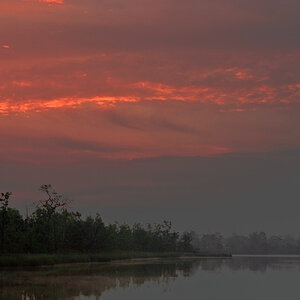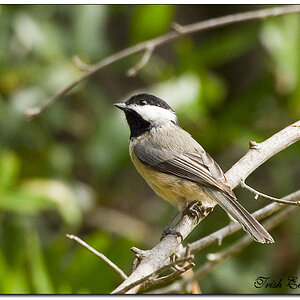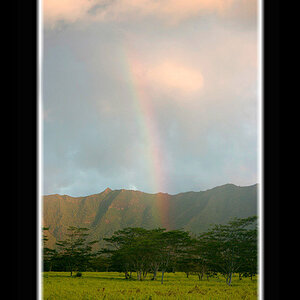DwainDibley
TPF Noob!
- Joined
- Jun 27, 2007
- Messages
- 164
- Reaction score
- 0
- Location
- Staffordshire, UK
- Website
- www.flickr.com
- Can others edit my Photos
- Photos OK to edit
Thanks all! I think the first things I'm going to conecentrate on will by my composition, and expolore Photoshop and learn how to adjust levels, and brighten up etc. landscapes and the like. Then I'll work on different apetures and try to work on the brightness of my images 
I do tend to have crises of confidence, I want to be instantly good at something and get frustrated when I'm not - but of course it doesn't work that way, you have to practice at something to get good, which I'm determined to do with my photography!
I do tend to have crises of confidence, I want to be instantly good at something and get frustrated when I'm not - but of course it doesn't work that way, you have to practice at something to get good, which I'm determined to do with my photography!


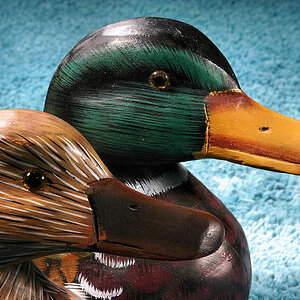
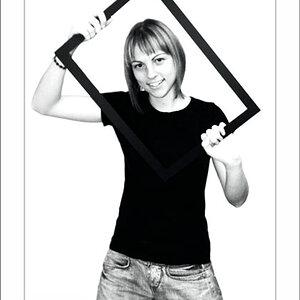
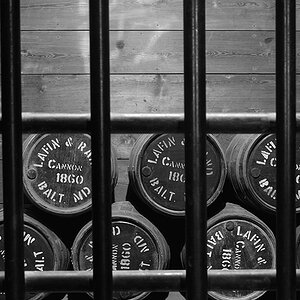

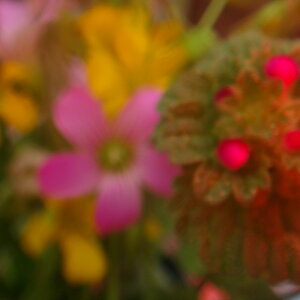
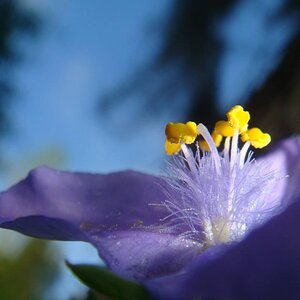
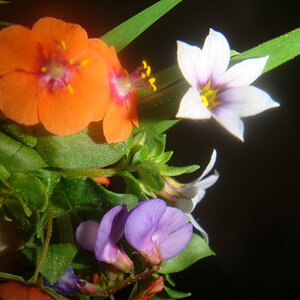
![[No title]](/data/xfmg/thumbnail/37/37658-89245697846ece2c4ecbce304510699b.jpg?1619738173)

